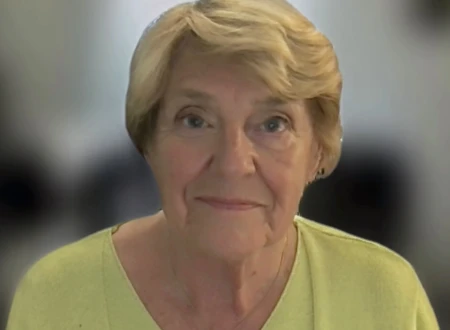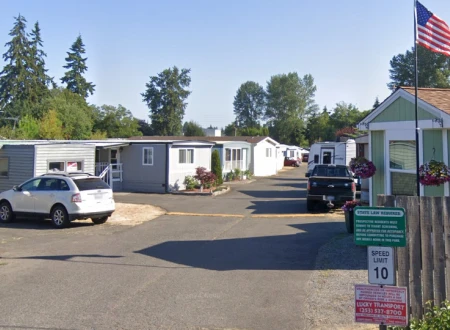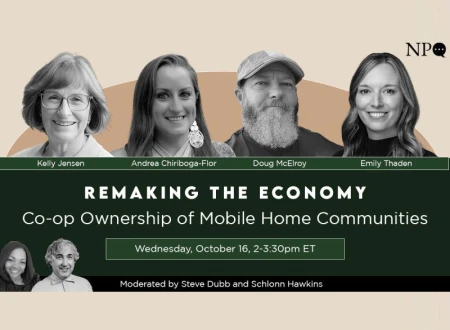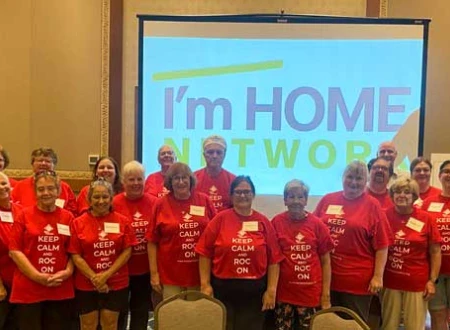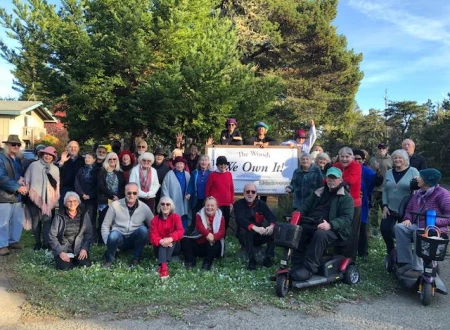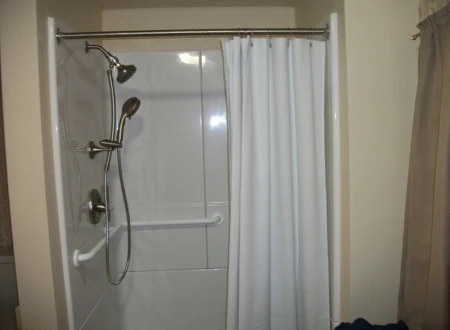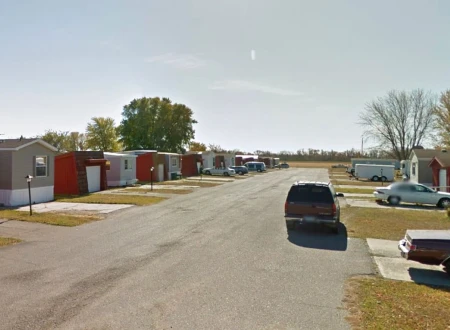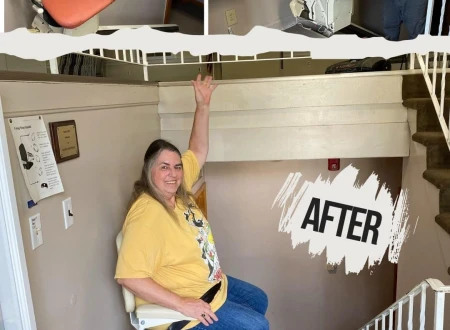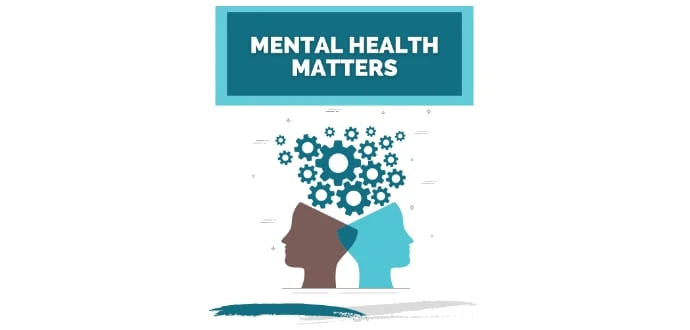
Better Together Call focuses on personal stories, practical tips and community support to navigate winter, enhance well-being and challenge stigma
For Kelly Jensen, working a 5 a.m. shift at her local YMCA is worth the early wakeup call because of the generous mental health boost she receives when connecting with other people.
“If I’m here by myself, I can lay around all day and do absolutely nothing,” said Jensen, Board President at Paradise Village Cooperative in Johnstown, Colo., and ROC Association Director for the Mountain West Region. “But if I’m with people, it gives me the motivation to do everything else I need to do that day. And I have made so many new friends, I have seen people I hadn’t seen for years, and we are all making contact again.”
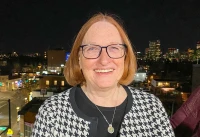
Jensen joined a dozen other ROC Members from across the country to discuss mental health during January’s Better Together Call, a virtual monthly meetup held for all ROC Members by the ROC Association. January’s meeting tackled an important and timely topic that many people across the country are experiencing: In 2021, 22.8 percent of U.S. adults reported experiencing mental illness, according to the National Alliance on Mental Illness, or NAMI an Arlington, Va.-based mental health organization.
Mental health issues tend to increase in the winter months when the days are shorter and the weather colder, which creates more isolation.

“I suffer from mental illness,” said Marjory Gilsrud, Board President at Madelia Mobile Village Cooperative in Madelia, Minn., and ROC Association Director for the East, Midwest and South Region. “It’s much more accepted today than it was 20 years ago, but there is a stigma attached to it.”
The Better Together group worked to reduce that stigma by sharing their stories, tools and tips for improving their own mental health during the winter. Often called Seasonal Affective Disorder or SAD, it increases as the temperatures decrease and the sun sets before many even make it home from work.
Some Members have therapists and psychiatrists to manage their depression and opened up to one another about taking doctor-prescribed medications. They spoke about SSRIs or Selective Serotonin Reuptake Inhibitors because they treat depression by boosting serotonin. Serotonin, a chemical that carries messages between nerve cells in the brain and throughout the body, is often called the body’s natural mood booster, or brain regulator because it makes you feel more focused, stable, happier and calmer, according to NAMI.

